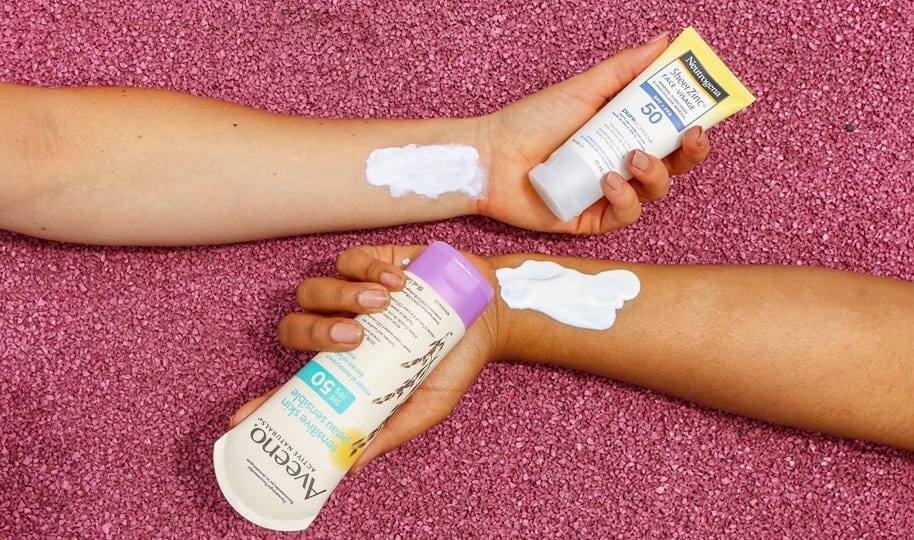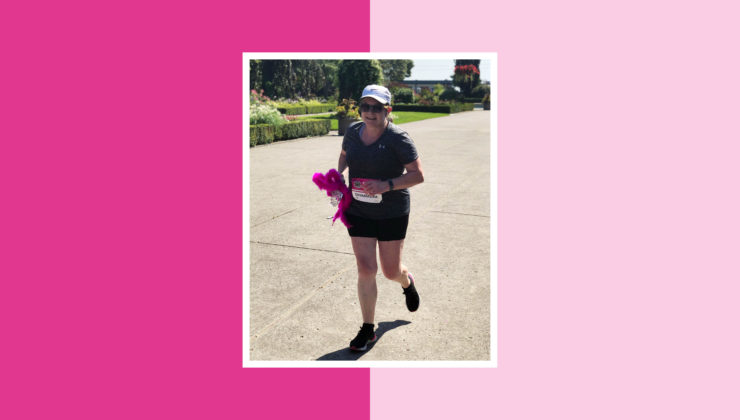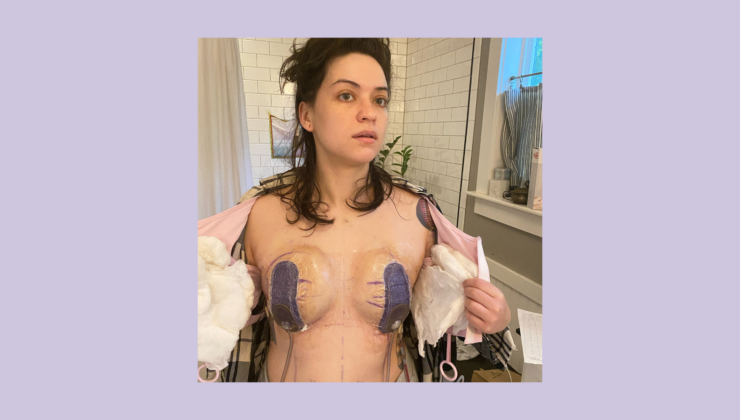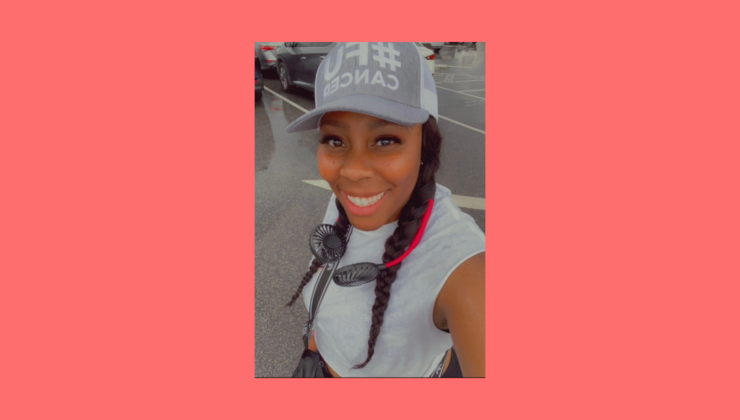10 Truths You Need To Know About Sunscreen

Hands up if you’ve been told that mineral sunscreen is better than the chemical variety? Now, hands up if you really know the difference. Here it is: Physical sunscreens sit on top of your skin, serving as a physical barrier by deflecting the sun’s rays, and are effective right away. Chemical sunscreens penetrate the skin and absorb the sun’s rays and usually take about 20 minutes to be effective.
If you’re still confused about which formula is right for you, we get it. That’s why we went straight to a pro, Dr. Paul Cohen of Rosedale Dermatology in Toronto, for the real facts about sunscreen. Here’s the rub.
Going through cancer treatment often makes skin dry and dehydrated – your skin cells don’t replace themselves like they normally would, and your skin becomes fragile and dry, which makes it more sensitive. On top of that, radiation and some types of chemotherapy can make your skin more susceptible to burning. Suffice to say, if you’re undergoing treatment for breast cancer, sun protection is crucial. Here are 10 other truths to get schooled on.
1. You’re probably not applying enough.
“Most people apply too little, lessening its effectiveness; the key is to apply your sunscreen quite thick to get its full SPF value. Studies show that most people apply only half to a quarter of the recommended amount, which means the actual SPF they have on is lower than advertised.”
2. Chemical vs Physical isn’t a better or worse situation.
“What matters is that they protect your skin from sun damage and beyond that, to make an informed choice, you need to know how your skin type responds to different sunscreen textures and ingredients: those containing mineral actives, synthetic actives, or a combination of both.”
3. Broad Spectrum protection is non-negotiable.
“This term means the formula blocks both UVA (think aging) and UVB (think burning) rays.”
4. Mineral sunscreens aren’t organic.
“I’ve heard mineral sunscreen ingredients referred to as organic, but they aren’t. Mineral sunscreen ingredients are actually inorganic chemicals.”
5. Chemical sunscreens don’t cause cancer but UV rays do.
“There is no real scientific evidence that chemical UV filters cause any damage – we do however have scientific evidence that shows that UV rays cause skin cancer.”
6. Chalky mineral formulas aren’t the norm.
“The latest innovations go on invisibly. The latest sun care innovations are so aesthetically pleasing and to me, that means more people will want to wear them! If it feels good, you will be more likely to use it.”
7. Have sensitive skin? Try mineral first.
“In my experience, people with sensitive skin tolerate physical sunscreens better. Generally speaking, they tend to be gentler on skin.”
8. Health Canada regulates the safety, effectiveness, and quality of sunscreens in Canada.
“Sunscreen products are classified as drugs and must meet the requirements in Canada’s Food and Drugs Act before they can be imported, advertised, or even sold.”
9. Sun protection is so much more than applying sunscreen.
“Remember that your skin is your largest organ and essential for protecting you from external risks such as infection, especially during treatment. Always protect your body with a wide brim hat, long-sleeve clothes, and even sun-protective gloves to be safe. Dress for sun protection and bring portable shade such as an umbrella if possible. Keep any surgical scars covered from the sun, if you can’t keep them covered by clothes or a hat, apply sunscreen with an SPF of 30 or higher, generously and frequently.”
10. There’s an actual sunscreen seal of approval.
“I recommend using the Canadian Dermatology Association as a resource. Look for the CDA logo – the Canadian Dermatology Association recognizes products that meet the following criteria: broad-spectrum with a SPF 30 or higher, non-irritating and hypo-allergenic, minimally perfumed or non-perfumed, non-comedogenic.”
TRY:
Aveeno Active Naturals Sensitive Skin SPF 50 Mineral Sunscreen; Neutrogena Sheer Zinc Face Mineral Sunscreen SPF 50 Face Lotion, available at national food, drug and mass merchandisers.
*Dr. Cohen serves as a third-party expert to Aveeno and Neutrogena. For more info. on Dr. Cohen or Rosedale Dermatology, visit www.drpaulcohen.com.








